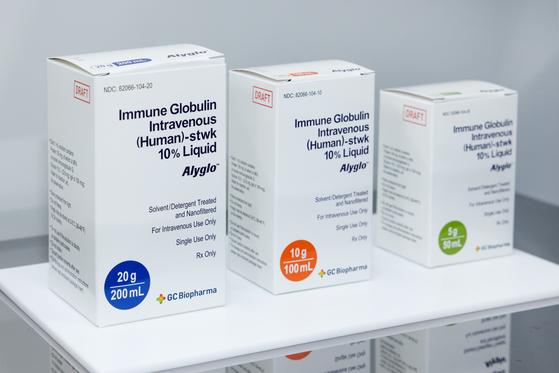Immune globulin intravenous Interactions
There are 107 drugs known to interact with immune globulin intravenous, along with 3 disease interactions. Of the total drug interactions, 86 are major, and 21 are moderate.
- View all 107 medications that may interact with immune globulin intravenous
- View immune globulin intravenous disease interactions (3)
Most frequently checked interactions
View interaction reports for immune globulin intravenous and the medicines listed below.
- Aspir 81 (aspirin)
- Aspirin Low Strength (aspirin)
- Ativan (lorazepam)
- Bactrim (sulfamethoxazole / trimethoprim)
- Benadryl (diphenhydramine)
- CellCept (mycophenolate mofetil)
- Claritin (loratadine)
- Cymbalta (duloxetine)
- Eliquis (apixaban)
- Fish Oil (omega-3 polyunsaturated fatty acids)
- Lasix (furosemide)
- Lyrica (pregabalin)
- Mestinon (pyridostigmine)
- Metoprolol Succinate ER (metoprolol)
- MiraLAX (polyethylene glycol 3350)
- Nexium (esomeprazole)
- Norco (acetaminophen / hydrocodone)
- Plaquenil (hydroxychloroquine)
- Probiotic Formula (bifidobacterium infantis / lactobacillus acidophilus)
- Protonix (pantoprazole)
- Rituxan (rituximab)
- Synthroid (levothyroxine)
- Tylenol (acetaminophen)
- Vitamin B12 (cyanocobalamin)
- Vitamin C (ascorbic acid)
- Vitamin D2 (ergocalciferol)
- Vitamin D3 (cholecalciferol)
- Xanax (alprazolam)
- Zofran (ondansetron)
- Zyrtec (cetirizine)
Immune globulin intravenous disease interactions
There are 3 disease interactions with immune globulin intravenous which include:
More about immune globulin intravenous
- immune globulin intravenous consumer information
- Compare alternatives
- Reviews (28)
- Latest FDA alerts (1)
- Side effects
- Dosage information
- During pregnancy
- Drug class: immune globulins
- En español
Related treatment guides
Drug Interaction Classification
| Highly clinically significant. Avoid combinations; the risk of the interaction outweighs the benefit. | |
| Moderately clinically significant. Usually avoid combinations; use it only under special circumstances. | |
| Minimally clinically significant. Minimize risk; assess risk and consider an alternative drug, take steps to circumvent the interaction risk and/or institute a monitoring plan. | |
| No interaction information available. |
See also:
Further information
Always consult your healthcare provider to ensure the information displayed on this page applies to your personal circumstances.


